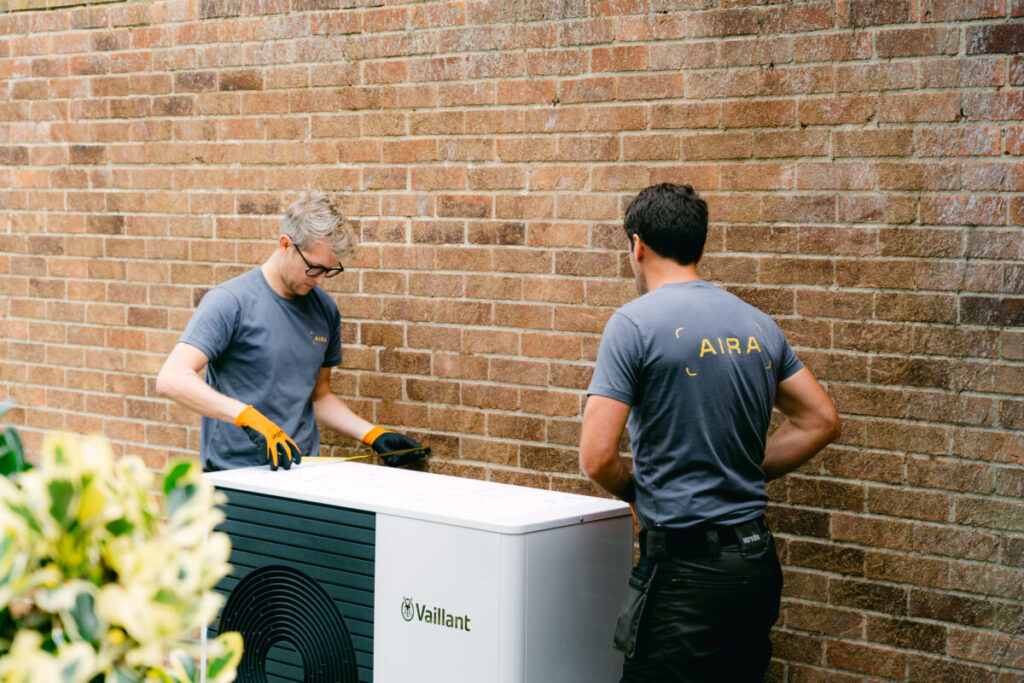New data on the Boiler Upgrade Scheme (BUS) shows that July 2024 saw the second-highest number of applications since the scheme launched in April 2022.
The scheme received 3,047 applications in July, a number only surpassed by the month immediately after the grant offering was raised from £5,000 to £7,500 in October 2023. The number of applications received in July was a 13% increase from the 2,689 in the month previous and around double the number received in July 2023.
Redemption numbers also saw an uplift, with July 2024 BUS voucher redemptions setting a new record for the scheme and surpassing 2,000 redemptions for the first time. Over 1,750 grants were paid out in July 2024, bringing the total number of grants paid through the scheme to 30,354.
The majority of grants paid through the scheme from its inception to the present day have been for installations on properties in rural areas – 16,958 grants have been awarded for rural installations, making up 56% of awards.
Commenting on the data, Jess Ralston, head of energy at the Energy and Climate Intelligence Unit (ECIU) said: “The UK’s reliance on gas for heating has had severe costs to our energy security over the course of the energy crisis, and huge costs to households too; anyone who has paid a gas bill over the last few years knows that.
“Like any new scheme, teething issues in the first year or so appear to have been overcome, with applications now consistently around double what they were last year. With energy independence at the top of the Government’s agenda, the writing is on the wall for gas boilers and it’s now a question of when, not if, people make the switch away from gas which will increasingly come from abroad as the North Sea continues its inevitable decline.
“However, it remains to be seen how much the boiler industry will try and stand in the way of legislation that should see the UK’s heat pump supply chains flourish further, and with the Government due to implement the Clean Heat Market Mechanism in April, holding firm against the incumbent lobby would send a clear signal to the markets and the public about the future of heating.”






